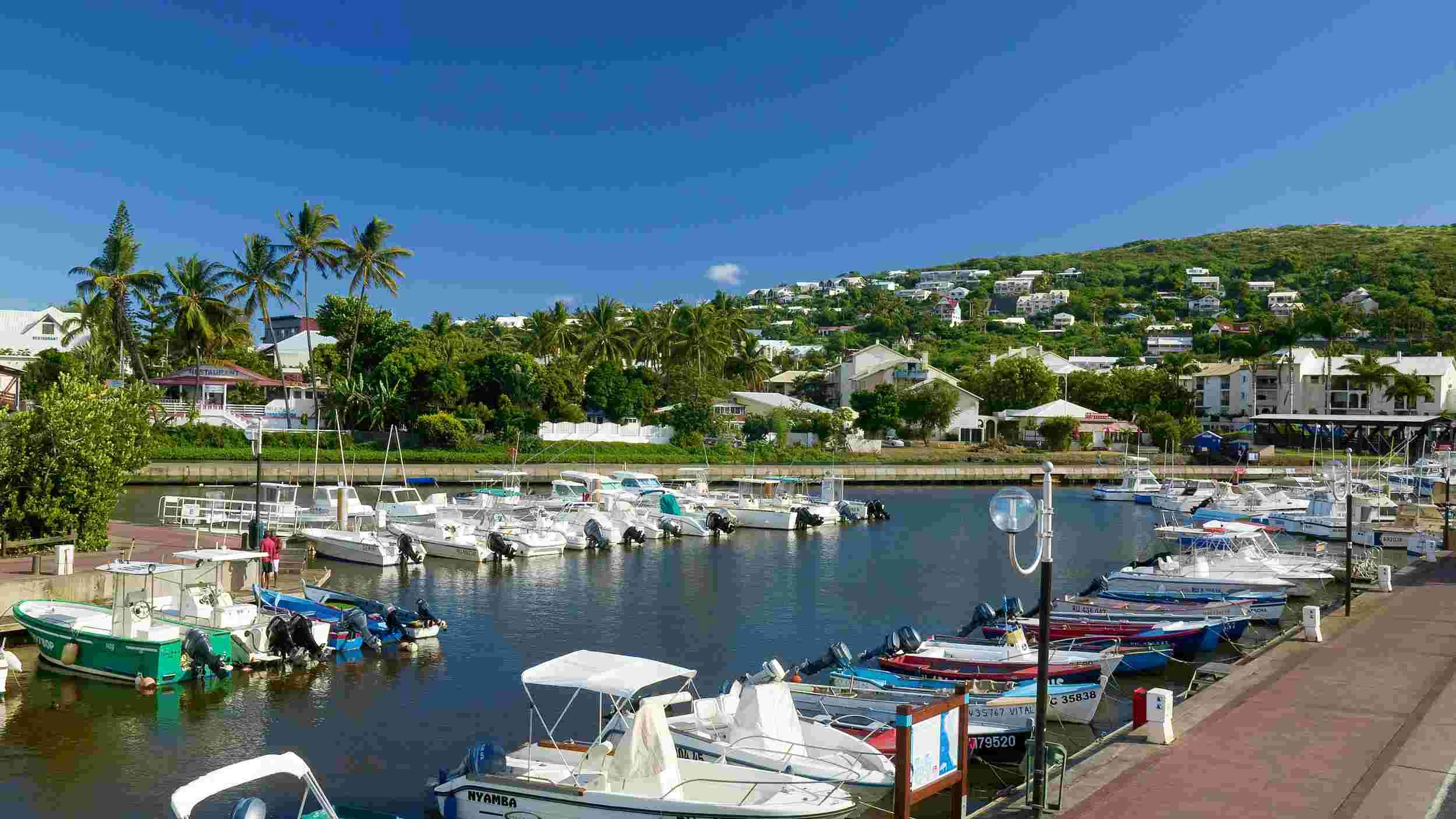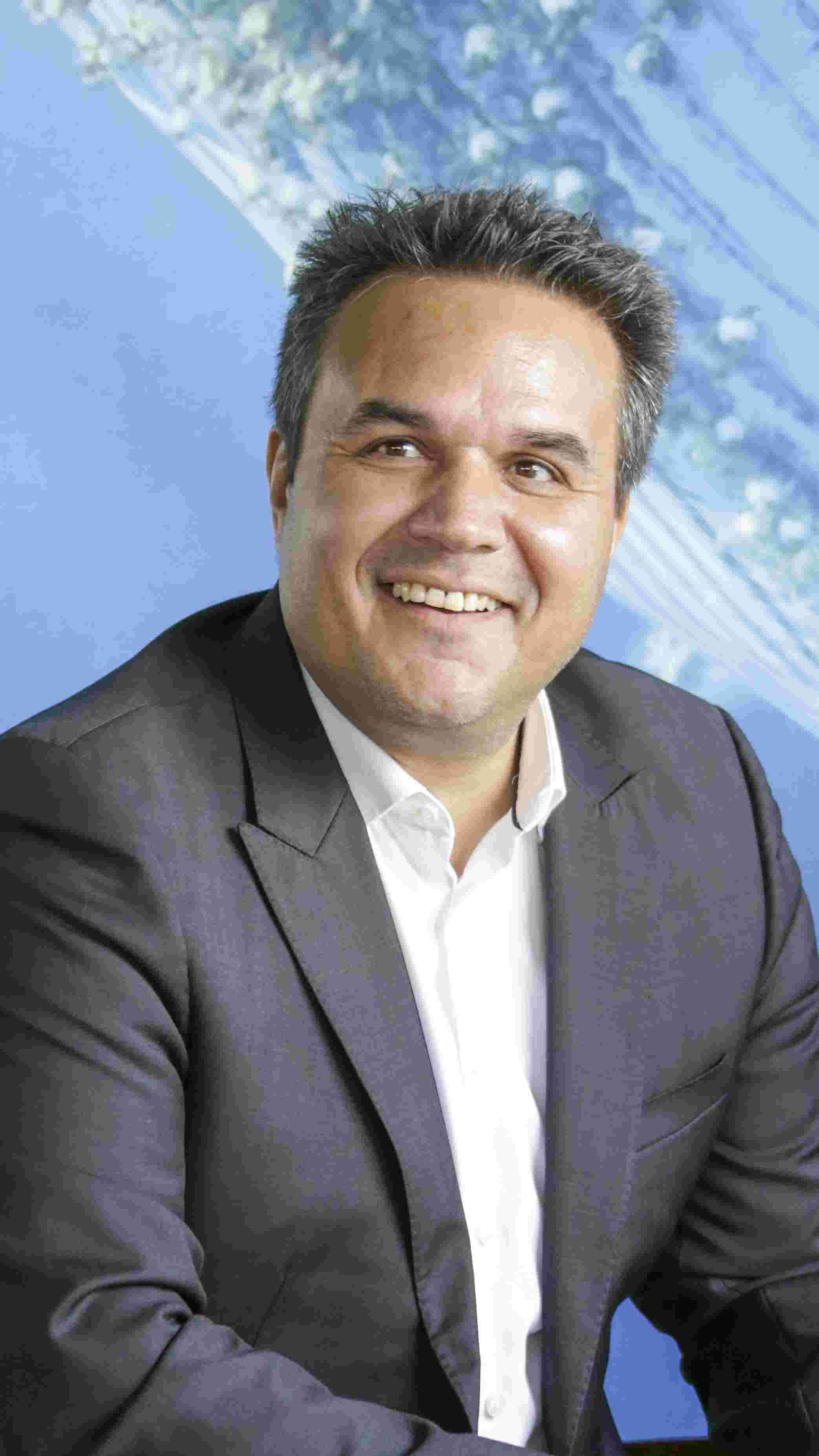
Politics
09:38, 11-Jul-2017
Is this tiny island the path to 'Belt and Road‘ extension in Africa?

Could a tiny island be China’s gateway into the massive continent of Africa? Didier Robert, president of the Regional Council of Reunion Island, seems to think so.
He recently visited Beijing and spoke with CGTN’s Digital team about his country’s environmental efforts and his hopes for China’s Belt and Road Initiative.

Didier Robert / Office of the Reunion Island
Didier Robert / Office of the Reunion Island
Location, location, location
Reunion Island’s location to Madagascar and the African coast makes it a likely gateway to the continent. “I know Africa. I am African. 30% of Reunion comes from Africa,” said Robert.
This new road Robert speaks of would include Reunion, the chief port authority in the region for ships and airplanes. He said, “People in China can use Reunion Island as platform for this.”
China’s presence on Reunion Island dates back to the 18th century, when Chinese migrants from south China's Guangdong Province flocked to the island.
Today 50,000 people from China live on Reunion.
Reunion Island is one of France’s overseas regions located in the Indian Ocean. It is home for 850,000 people with African, Indian, European, Malagasy and Chinese origins.
Extending the Belt and Road Initiative
Robert is a fan of the Belt and Road Initiative, saying, “China is not closed. It is open. Their responsibility is to build a silk road with ecology in mind.”
He said the initiative should come to his island, with Reunion serving as China’s pathway to continued development and growth in Africa.
“We have to imagine what we are doing in Africa will benefit the African people and the planet,” he said. “We can do a new road linking China, Africa and Reunion Island.”
Environment comes first
It is a political choice to spend money on an environmentally friendly island versus other items," Robert said. “For the future, we have to invest now. It is not only an interest it is an investment for the future.”
For the last decade, Robert has been doing just that on Reunion Island, finding ways to make it what he calls “the green and solar island.”
“The less fortunate people are getting a helping hand with solar panels, “ Robert said. His goal is for 100% of Reunion Island to rely on renewable energy by 2030.
Robert is using sugar cane, the country’s largest export, to meet his environmental goals. “We can produce 38% solar energy, biomass (energy), and hydraulics because of sugar cane,” he said.
Whether or not the new silk road’s stop on Reunion Island will materialize, Robert is still making the case for the island’s involvement in China’s global initiative.
In October, leaders from Reunion’s sister provinces Tianjin and Quebec, Canada, will be on the Island to discuss future environmental and economic goals.

SITEMAP
Copyright © 2018 CGTN. Beijing ICP prepared NO.16065310-3
Copyright © 2018 CGTN. Beijing ICP prepared NO.16065310-3